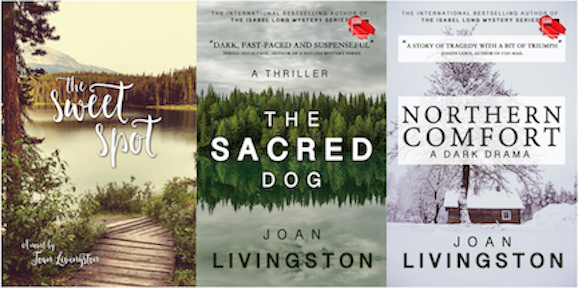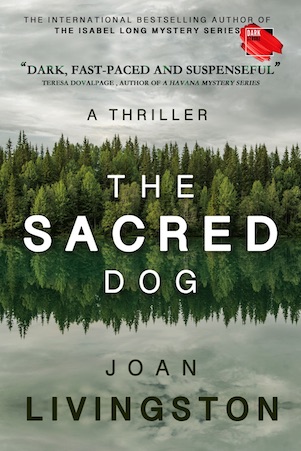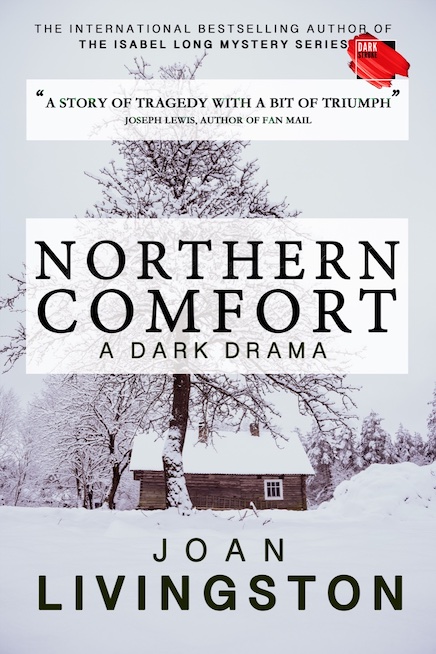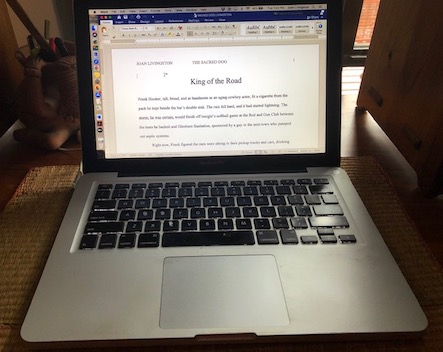Years before we moved to Worthington, a hilltown in Western Massachusetts, we lived in another hilltown in the middle of nowhere New Hampshire. We learned a lot from that experience, which helped significantly during our next adventure in the country, one that has lasted a lot longer.
We left Boston for Wilmot, New Hampshire, where we had to drive thirty minutes to get to a Laundromat and sixty for something more interesting than washing our clothes. We had two kids then, a daughter who was four, and a baby son. Our home was a one-room cabin on a dirt road, twelve-by-twenty feet, with no electricity, phone, running water or indoor plumbing. A portable toilet was in the attic and we hauled the slop bucket to the outhouse. The rent was $35 a month.
We were awfully stupid and lucky that first time in the country. We drew water from a stream beside the cabin. A hand pump was inside the house and when the line to the river froze, we used buckets, breaking first through the ice. We started the fire in our wood stove with kerosene, managing somehow not to blow up the place.
Hank sold our ’55 Mercedes, one of those a nickel-and-dime vintage vehicles that seemed awfully cool at the start, then bought an old pickup truck from a local for a few hundred bucks. Hank was getting into country living, a little carried away as usual, this time about fitting in with the local folk. Certainly an old beater would help, but on our first long ride, the brakes failed, and Hank, pumping the pedal to squeeze some life from them, had to steer the pickup into a field so we wouldn’t crash. Eventually it stopped.
A man, who stopped, crawled beneath the truck. He shook his head when he stood up. The chassis was so rusted it was ready to disintegrate. This truck wasn’t safe to drive. I cursed the man who sold us this piece of junk and Hank’s gullibility that he expected all old Yankees to be honest. We took off the plates, abandoned the truck, and then hitchhiked with the two kids to the cabin.
Hank searched but couldn’t find a job locally except as a laborer for a man who put in foundations. He lasted one day working a wheelbarrow and shovel. So, he hitched back and forth to Boston, where he drove tractor-trailer, long distance, for a natural foods company until we had enough money saved to buy a VW Bug. During the week, I stayed at the cabin with the two kids.
The neighbors on that hill in Wilmot were exceptionally friendly. One bachelor farmer, Clayton, plowed the top of our driveway for free because he claimed it was a good spot to pull over when two vehicles met on the narrow road.
I also heard that I won Clayton’s approval when I turned away one of the men on the hill who paid me a surprise visit while Hank was away. The guy was one of those doomsday-types who was building a bunker-like home deep in the woods, and I was definitely not interested. Clayton watched the man’s truck pass his house, twice, within the span of several minutes, a detail he reported with amusement to Pat, my fast friend on our hill. Pat invited us to share meals with her family and to raid her library. Sometimes I used her washer. The snow piled up that winter, and I towed the kids on a sled along the road to her home.
The battery-operated radio pulled in a public station after I rigged its antenna to touch the iron skillet hanging on one wall, and weeknights at eight my daughter and I listened to the serial reading of Laura Ingalls Wilder’s Little House books. We liked The Long Winter the best. In that one, the Ingalls family survived a fierce prairie winter by braiding straw to burn for heat, rationing food, and listening to the music of Pa’s fiddle. We could relate to that story.
I cooked our meals on a two-burner propane stove: soup, and lots of oatmeal and pancakes with Clayton’s maple syrup. We had squash, apples, potatoes, and cabbage we bought at a farm. Stored in the cold attic they kept nearly through the winter.
One week Hank got caught in a snow storm on his truck route in Maine, so he couldn’t make it home. I honestly don’t remember how I found out since we didn’t have a phone. Maybe he relayed a message to my neighbor, Pat.
I was running out of split firewood, so Pat showed me how to use a maul to split the oak and maple logs length-wise to size: raising that heavy tool over my head, then using the strength of my belly and legs to make a good slice.
Chopping wood. Drawing water. Washing cloth diapers by hand. My day was spent immersed in the most basic of chores. Sometimes, it felt as if we were playing pioneer. Certainly, it was good training for the next time we attempted rural living. We would be smarter.
We lasted in Wilmot until the late spring. The two-and-a-half-hour commute one way was too much for Hank.
We did look at another house in Wilmot to rent, a rambling farmhouse with amenities like indoor plumbing and electricity. But I was wary of the rattraps and boxes of poison set around the house.
In the kitchen, the previous renter jotted a diary of sorts in pencil on the white kitchen cabinets. A woman, I guessed, wrote about the miserable weather and her wretched loneliness. She noted the dates of storms. “God, not more snow,” she wrote beside one. The entries stopped abruptly mid-winter and I wondered what became of her.
We lived next in Boston, Seattle, and then Boston again before we moved to Worthington, and this time we did a better job with country living.






